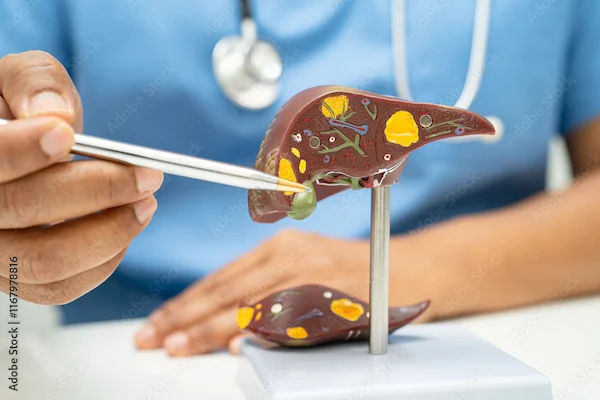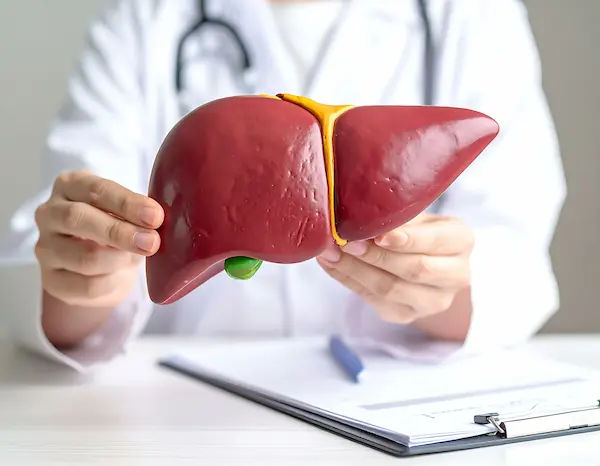How Much Liver Is Needed For A Liver Transplant?
Wondering how much liver is needed for a transplant? Learn the difference between whole and partial liver transplants, how liver regeneration works, and key factors that affect transplant success.
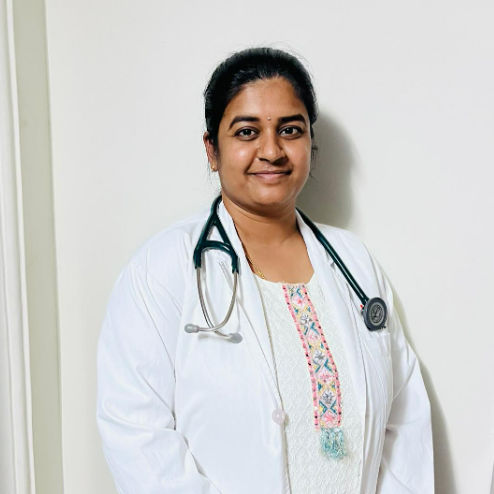
Written by Dr. Shaik Abdul Kalam
Reviewed by Dr. Rohinipriyanka Pondugula MBBS
Last updated on 22nd Jul, 2025
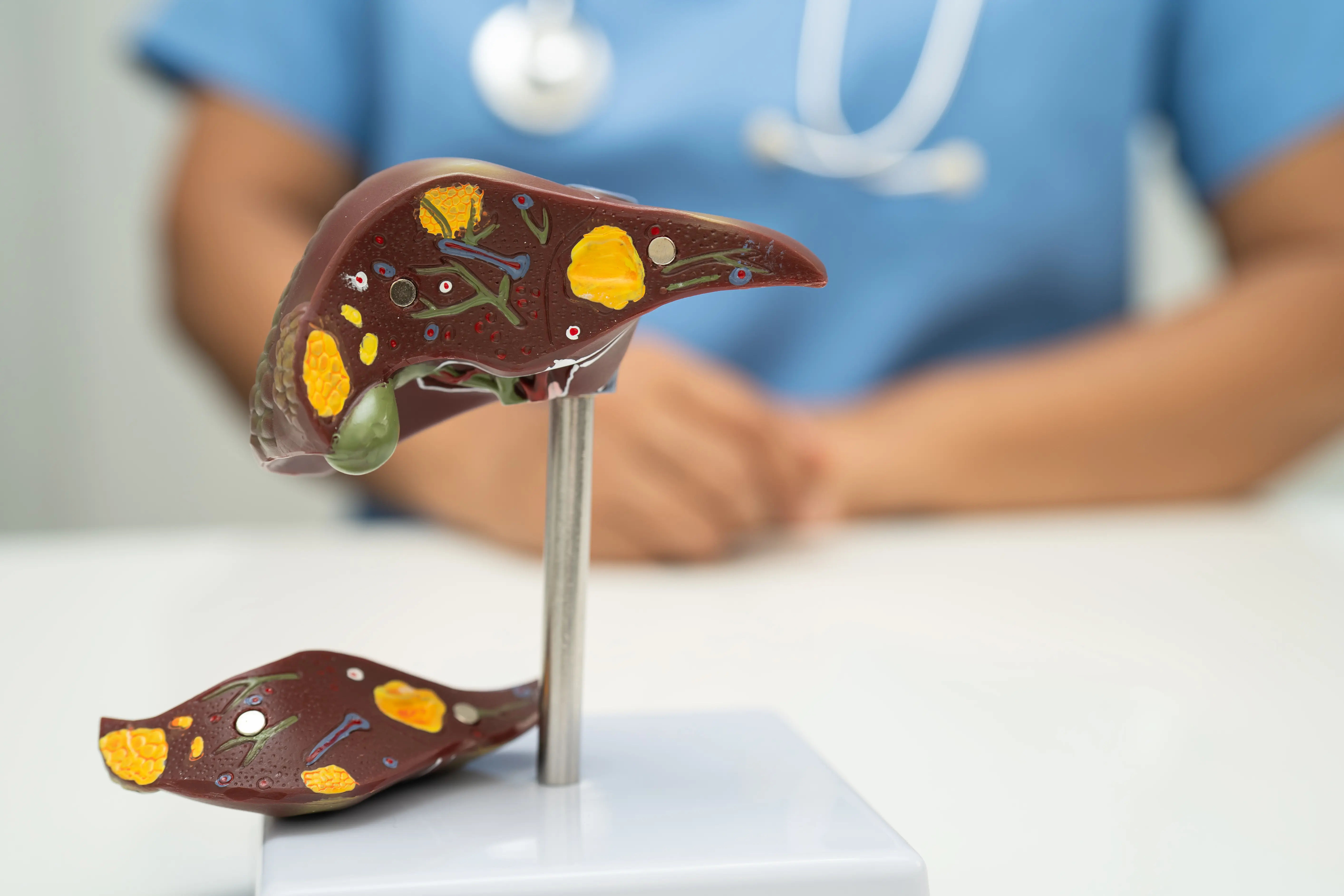
Introduction
Liver transplants can be life-saving for people with severe liver disease or failure. One common question patients and their families have is: How much liver is needed for a successful transplant? The answer depends on whether the transplant involves a whole liver from a deceased donor or a partial liver from a living donor.
In this article, we’ll explain how liver transplants work, how much liver tissue is required, and what factors influence the success of the procedure.
Understanding Liver Transplants
The liver is a vital organ that helps with digestion, detoxification, and metabolism. When it fails due to conditions like cirrhosis, hepatitis, or liver cancer, a transplant may be necessary.
There are two main types of liver transplants:
1. Deceased Donor Transplant – A whole liver from a deceased person is transplanted into the recipient.
2. Living Donor Transplant – A portion of a healthy person’s liver is removed and transplanted into the recipient.
The amount of liver needed depends on the type of transplant and the recipient’s body size.
Consult Top Specialists for Personalised Liver Health Advice
How Much Liver Is Required?
The amount of liver needed for a transplant depends on the recipient's size and whether the donor is living or deceased. Understanding the type of transplant helps clarify how much liver tissue is required and how the liver’s regenerative ability supports recovery in both the donor and the recipient.
1. Deceased Donor Transplant
- The entire liver from the donor is transplanted.
- The liver must be a good match in terms of blood type and size.
- Surgeons ensure the liver is healthy and functioning well before transplant.
2. Living Donor Transplant
- Only a portion of the liver is taken from the donor.
- The liver has an amazing ability to regenerate (grow back).
- The amount needed depends on the recipient’s body weight:
- For adults: About 25-30% of a healthy liver is needed.
- For children: A smaller portion (as little as 15-20%) may be sufficient.
- The donor’s remaining liver regrows to nearly full size within 6-8 weeks.
Factors Affecting Liver Transplant Success
Several factors determine how much liver is needed and whether the transplant will be successful:
- Recipient’s Body Weight – Larger individuals need more liver tissue.
- Donor’s Liver Health – The donated liver must be free from disease.
- Blood Type Compatibility – The donor and recipient must have matching or compatible blood types.
- Age & Overall Health – Younger, healthier patients tend to recover faster.
Recovery After a Liver Transplant
After the surgery, both the donor and recipient need time to heal:
Recipient:
- Hospital stay: 1-2 weeks
- Full recovery: 3-6 months
- Lifelong medications to prevent rejection
Living Donor:
- Hospital stay: 5-7 days
- Full recovery: 2-3 months
- The liver regrows to almost full size
Tips for a Healthy Liver
Whether you’re a transplant recipient or just want to keep your liver healthy, follow these tips:
- Eat a balanced diet of fruits, vegetables and lean proteins
- Avoid alcohol and smoking
- Exercise regularly
- Stay hydrated
- Get regular check-ups
When to See a Doctor
If you have signs of liver disease—such as jaundice, fatigue, or abdominal swelling—it’s important to consult a liver specialist. Early evaluation helps determine if a transplant is necessary and improves the chances of a successful outcome.
Need help? You can book a consultation with a liver specialist on Apollo24|7 for expert advice and testing.
Final Thoughts
A liver transplant can give a new lease on life to those with severe liver damage. Whether from a deceased or living donor, the amount of liver needed depends on the recipient’s size and health. Advances in medicine have made living donor transplants safer, allowing donors to recover fully while saving lives.
If you have concerns about liver health or transplants, don’t hesitate to reach out to a healthcare provider. Early action can make all the difference!
Consult Top Hepatologists
Consult Top Specialists for Personalised Liver Health Advice

Dr. Srinivasa Reddy
Hepatologist
12 Years • MBBS, MD (General Medicine), DM (Hepatology),ASGE
Hyderabad
Myra Liver & Gastro Care, Hyderabad

Dr. Sushith C
General Physician
2 Years • MBBS
Bengaluru
PRESTIGE SHANTHINIKETAN - SOCIETY CLINIC, Bengaluru

Dr. E Prabhakar Sastry
General Physician/ Internal Medicine Specialist
40 Years • MD(Internal Medicine)
Manikonda Jagir
Apollo Clinic, Manikonda, Manikonda Jagir
(125+ Patients)
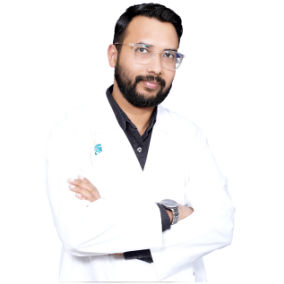
Dr. Aakash Garg
Gastroenterology/gi Medicine Specialist
12 Years • MBBS, DNB (Medicine), DrNB (Gastroentrology).
Bilaspur
Apollo Hospitals Seepat Road, Bilaspur
(125+ Patients)
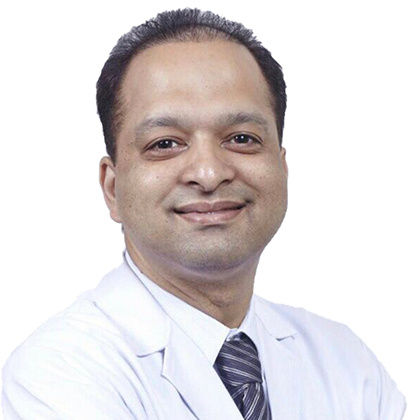
Dr. Rajeev Shandil
Gastroenterology/gi Medicine Specialist
15 Years • MBBS, DNB (Internal Medicine), DNB (Gastroenterology)
Delhi
Apollo Hospitals Indraprastha, Delhi
(125+ Patients)
Consult Top Hepatologists

Dr. Srinivasa Reddy
Hepatologist
12 Years • MBBS, MD (General Medicine), DM (Hepatology),ASGE
Hyderabad
Myra Liver & Gastro Care, Hyderabad

Dr. Sushith C
General Physician
2 Years • MBBS
Bengaluru
PRESTIGE SHANTHINIKETAN - SOCIETY CLINIC, Bengaluru

Dr. E Prabhakar Sastry
General Physician/ Internal Medicine Specialist
40 Years • MD(Internal Medicine)
Manikonda Jagir
Apollo Clinic, Manikonda, Manikonda Jagir
(125+ Patients)

Dr. Aakash Garg
Gastroenterology/gi Medicine Specialist
12 Years • MBBS, DNB (Medicine), DrNB (Gastroentrology).
Bilaspur
Apollo Hospitals Seepat Road, Bilaspur
(125+ Patients)

Dr. Rajeev Shandil
Gastroenterology/gi Medicine Specialist
15 Years • MBBS, DNB (Internal Medicine), DNB (Gastroenterology)
Delhi
Apollo Hospitals Indraprastha, Delhi
(125+ Patients)

